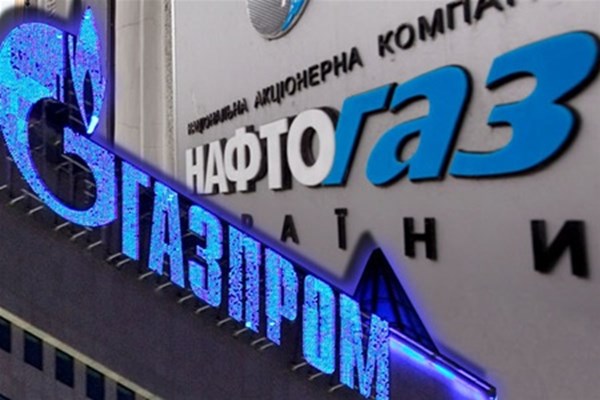Gazprom loses in court to Ukraine's Naftogaz once again
The Svea Court of Appeal (Sweden) has dismissed Gazprom’s complaint that there was a serious violation of Swedish law in the drafting of the ruling made by the Stockholm Arbitration Institute to collect $2.6 billion in favor of Naftogaz.
“After studying the arguments presented by Naftogaz, the court dismissed Gazprom’s baseless claims that a significant part of the court ruling’s rationale on transit had allegedly been written by the administrative secretary,” Naftogaz noted in a public post.
Gazprom demanded the revocation of the arbitrator’s decision, claiming that external entities had interfered with the arbitrator’s ruling. “An additional examination of the text of the ruling with the involvement of a world-recognized expert linguist showed that a significant portion of the arbitration decision was not written by the arbitrators, but by other persons,” Gazprom asserted. “Obviously, no one has the right to substitute for the arbitrators,” the company commented.
The dispute between Gazprom and Naftogaz concerns contracts for gas transit through Ukraine. In February, the arbitrators ordered the Russian company to pay the Ukrainian company a fine of approximately $2.6 billion.
On May 29, Naftogaz initiated the process of forcibly collecting the debt, freezing Gazprom’s assets in Switzerland, the Netherlands and the UK. However, on June 13, the court of appeal suspended the implementation of the arbitration court’s decision.
On Thursday, June 28, Gazprom reported that the Swedish court had enforced its suspension of the ruling.
However, Naftogaz emphasized that it was only a temporary suspension: the Ukrainian company had not yet had the opportunity to present its counter arguments to the court. Naftogaz intended to make an additional statement, hoping for a revision of the latest decision.
“The present ruling is not binding to courts in other jurisdictions. Accordingly, Naftogaz will continue its activities to collect Gazprom’s debt in other jurisdictions,” the company stated.
The seizure of Gazprom’s European assets led to the company being effectively cut off from the European capital market. In the middle of June, the company, which is using debt to finance the construction of gas pipelines to China, Turkey and around Ukraine, was forced to call off its placement of eurobonds in British pounds. The risk arose that the funds solicited by Gazprom may have been seized immediately as part of the interim measures to collect the $2.6 billion fine.
The placement was meant to be part of a record in the history of Gazprom’s borrowing program. Overall, the company planned to solicit loans amounting to 417 billion rubles, roughly a third of the cost of the primary construction sites (1.2 trillion rubles).
